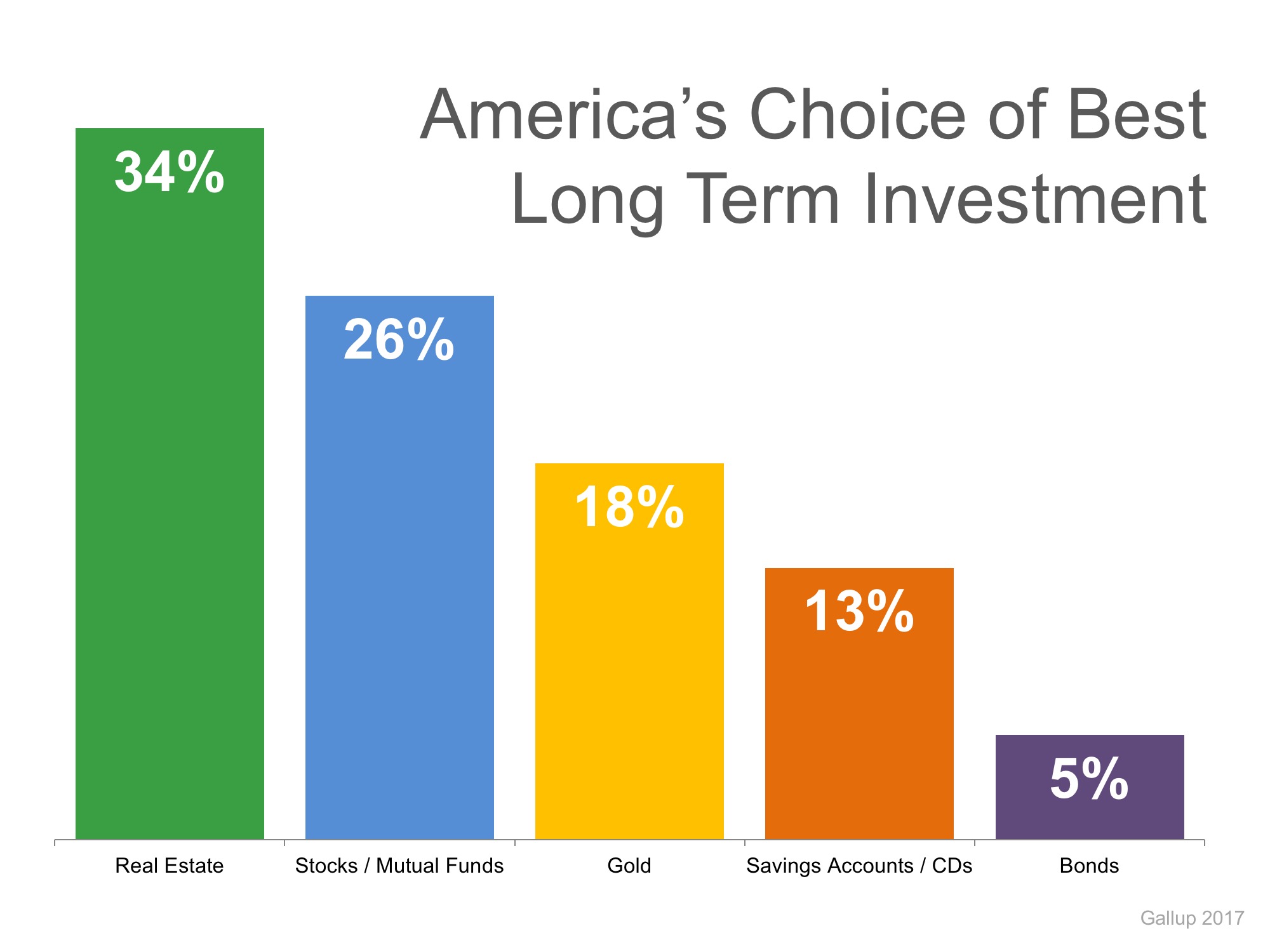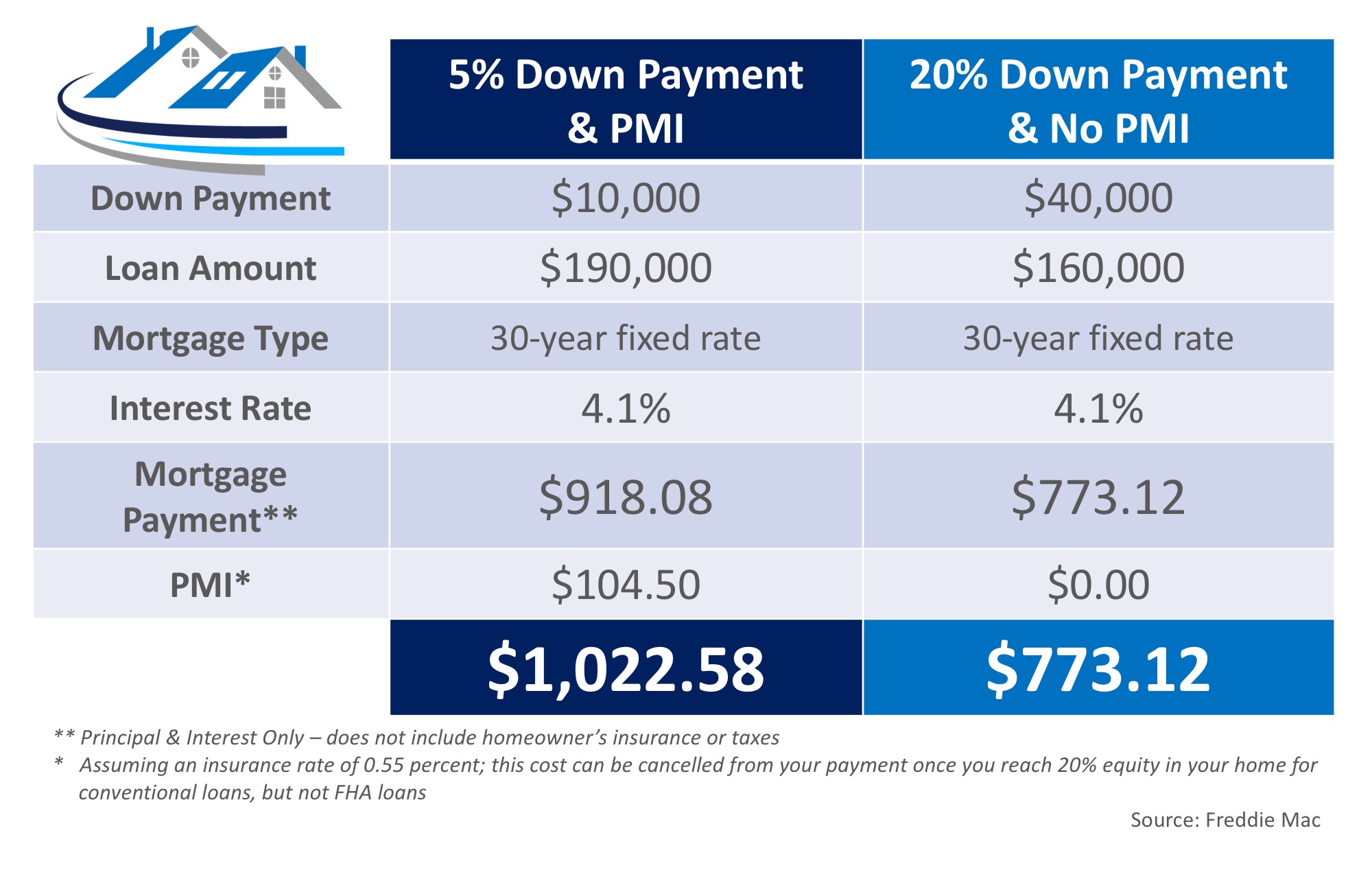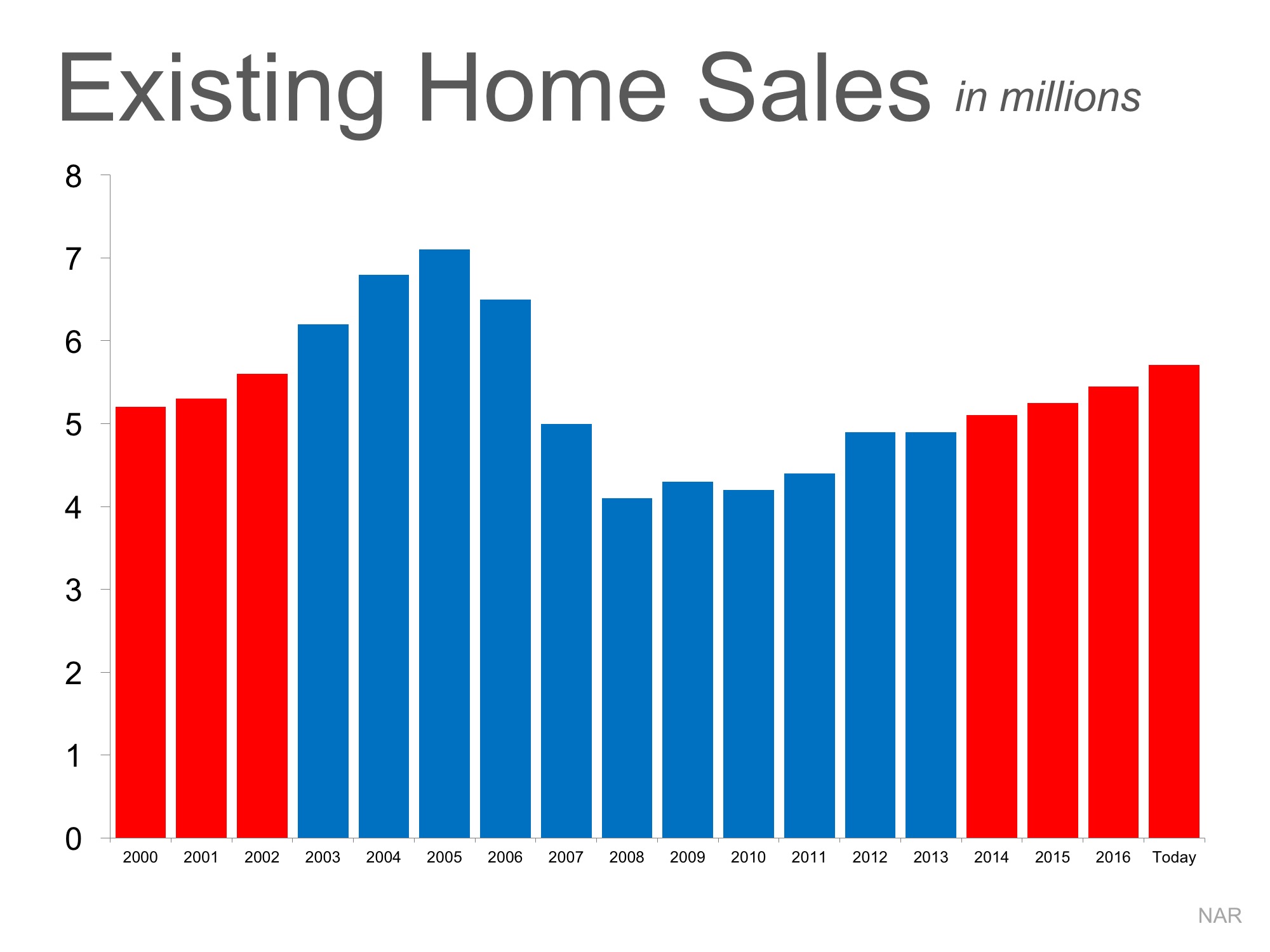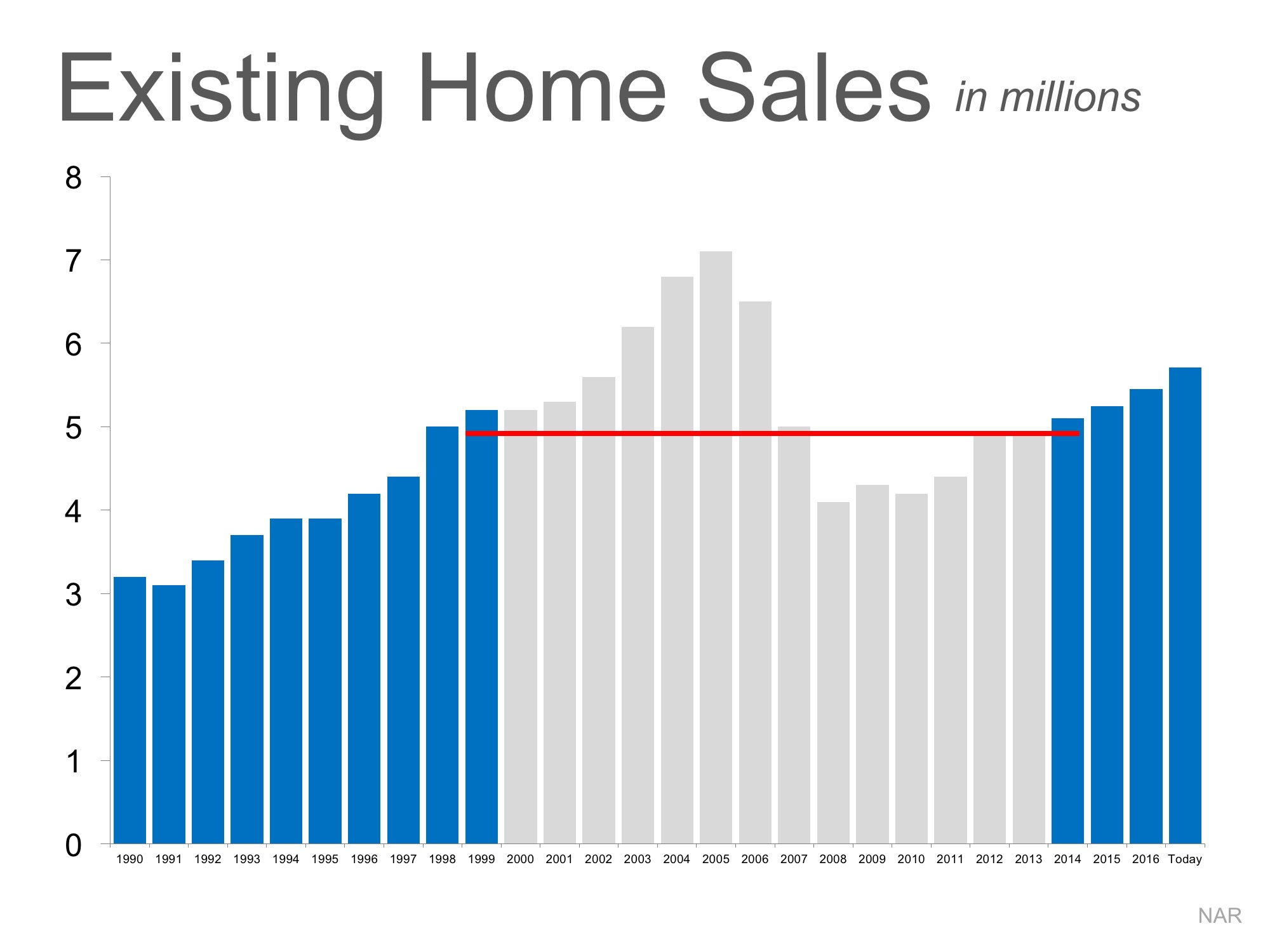
tips for buyers
Homes in America are selling like hot cakes, with the exception of some properties in the luxury market like the $19.75 million “Versailles in Manhattan” nobody wants to buy.
The time it takes for a house to go from listing to sale keeps falling, because there are’s an abundance of buyers waiting to pounce and even stretch their budgets for their dream homes. According to Trulia, list-to-sale on its platform fell to 64 days in April from 77 days a year ago, the shortest time since it started keeping track in 2010.
The quicker pace of the market is proof that the economic recovery has, a decade after the housing crisis, inspired confidence that home prices will increase, and created many jobs so people can pay their mortgages.
But it’s also created a new crisis of affordability for buyers, as greater demand and competing offers push prices higher.
Trulia found that premium homes are on the market for 13 days more than starter homes and 15 days longer than trade-up houses. This creates some advantages for those buyers looking in the premium market.
“Sellers generally appreciate getting their home sold as quickly as possible, while buyers can benefit from having some breathing room to make decisions and negotiate,” said Felipe Chacón, a housing economist at Trulia. “Nationally, this makes the trend of home moving faster off the market over the past eight years tougher and tougher for those looking to buy a home.”
Buyers on the West Coast are having the toughest time nationally. Trulia found that listed homes moving the most quickly — in 45 days or fewer — were in Seattle, San Francisco, and San Jose.
And so, it’s clearly a better market for sellers than buyers.
In a recent blog post, NerdWallet highlighted some of the hurdles that buyers can expect to jump when they’re looking for a new home.
For example, some sellers are putting up surveillance cameras in their homes during listing, to get a sense of who’s looking before accepting an offer. Of course, this raises concerns about discrimination, but some people see it useful for security and for getting feedback on showings.
Also, some prospective buyers are pitching homeowners directly by writing personalized letters. These sometimes include family photos and other details that could emotionally appeal to the seller and make the offer about more than just money.
And finally, normal buyers coming in with mortgage pre-approvals are having to compete with investors and other wealthy house hunters who make all-cash offers.
Source: Homes are selling at a record pace — tips for buyers – Business Insider







![Do You Know the Cost of Waiting? [INFOGRAPHIC] | Simplifying The Market](http://d39ah2zlibpm3g.cloudfront.net/wp-content/uploads/2017/04/19155321/20170505-Share-STM.jpg)
![Do You Know the Cost of Waiting? [INFOGRAPHIC] | Simplifying The Market](http://d39ah2zlibpm3g.cloudfront.net/wp-content/uploads/2017/05/04121725/20170505-Cost-of-Waiting-STM.jpg)






